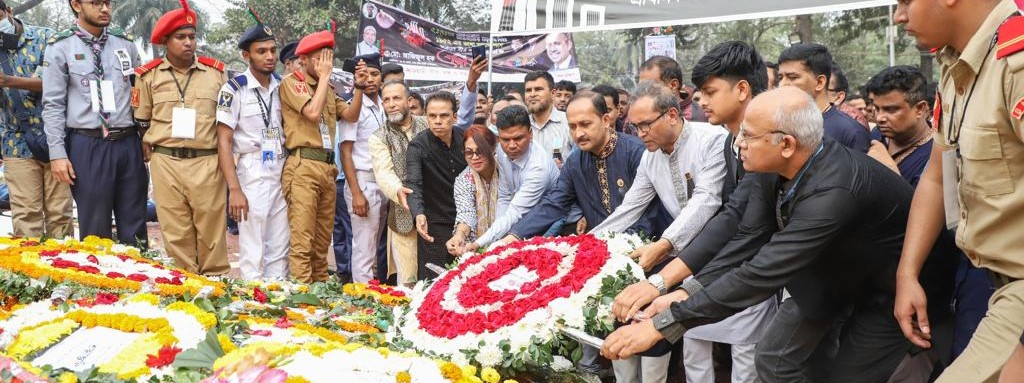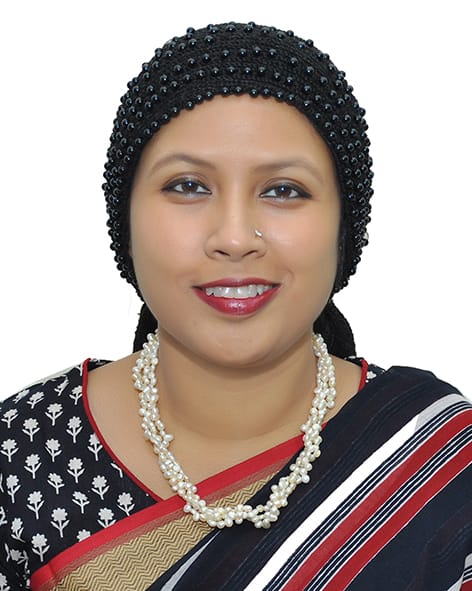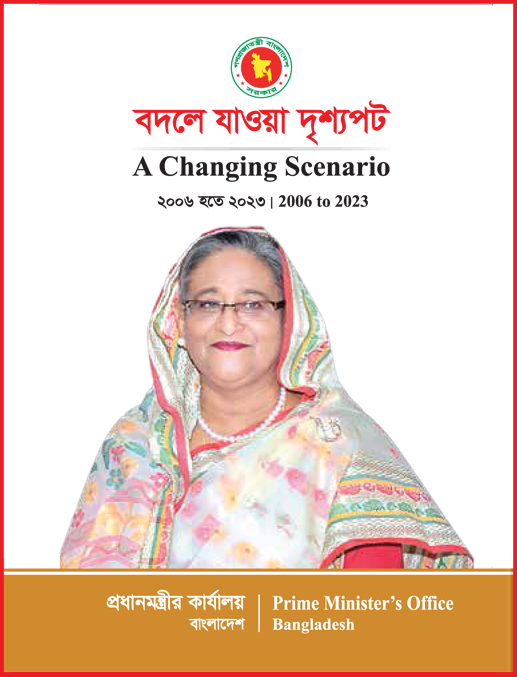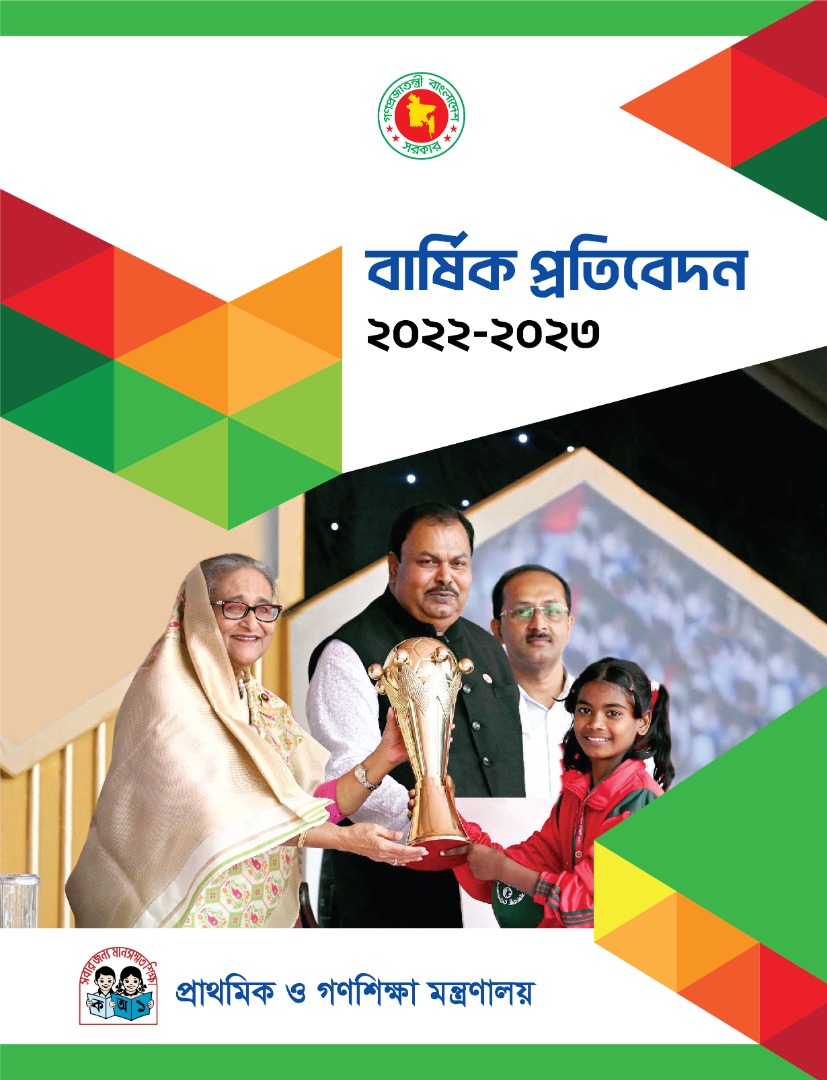সাউথ এশিয়া মিনিস্টেরিয়াল মিটিং কান্ট্রি রিপোর্ট গাইডলাইন
South Asia EFA Ministerial Forum Second Meeting in Bangladesh
13 – 14 December 2009
Dhaka, Bangladesh
Country Report Guidelines
1. Introduction
Participating countries are requested to prepare a country report on ‘reaching the unreached with focus on decentralization’ according to the guideline below. It is requested to send the report to the Meeting Secretariat by 10 November 2009.
It is recommended that the report be prepared by a committee/group of experts assigned by the respective governments. Key members may include those who work with EFA at government, NGOs, University and/or research institutions in the country.
Main background documents concerning EFA progress in general are obtained from EFA Mid-Decade Assessment country & sub-regional reports in 2008, outcomes of EFA coordinators meeting held in 2009, and EFA Global Monitoring report 2009, etc. Most of these resource materials are available at:www.unescobkk.org/education/efa
It is appreciated that the length of the report should be in 15 –20 pages in A4 size in a single space. Relevant documents including audio visual materials may be annexed or attached separately.
2. Structure of the report
The following is a suggested report structure, that can be followed in preparing Country paper :
Executive Summary (2-3 pages)
Section 1: Introduction
- Context
- Content
- Focus
Section 2: EFA Mid-decade Assessment: major findings
- Main achievements of EFA goals in the country
- Challenges of achieving EFA goals by 2015
- Recommendations of the national EFA MDA
- Measures taken and forward plans
Section 3: Strategies for ‘reaching the unreached’ in achieving EFA
1. Population profile
- Socially excluded/unreached in particular from access to quality education
- Availability of disaggregated data according to the socio-economic status, region, sex, caste, disabilities, etc
- Main causes of exclusion and barriers to education for disadvantaged/ unreached groups
2. Policy, legislation and strategies
- Availability of education policies and legislations to reach the unreached population groups to ensure their right to education including children, youths and adults, in particular girls and women
- Priorities under each EFA goal
- Key stakeholders
3.Key lessons learnt in reaching the unreached
4. Decentralization in education policy and management
- Policy, legislation
- Strategies and practices
- Management structure for decentralization
- Challenges in decentralizing the planning and implementation generally and reaching the unreached specifically
- Participation of local stakeholders including community and civil society organizations
- Monitoring, evaluation and feedback mechanisms
- Networking and collaboration with other sectors
5. Resource mobilizations and management (finance, material and human)
- Resource allocation for programmes to reach the unreached
- Gaps between required resources and available resources
- Ways to fill the resource gaps
Case studies
Each country is requested to undertake case studies of government and NGO projects specifically on ‘reaching the unreached with focus on decentralization’ to share best practices, covering the following aspects. Each case can be built in the main report in relevant sections or can be presented as annexes. It is encouraged to use photos in the case studies
1. Title of the programme/project
2. Implementing and sponsoring agencies
3. Duration of the programme/project
4. Brief background
5. Objectives
6. Main activities
7. Success and strengths
8. Challenges
9. Replication and sustainability
Participating countries can also refer to the South Asia Sub-Region Synthesis EFA Mid-Decade Assessment Report http://www.unescobkk.org/education/efa/mda/sub-regionalreport/ and the outcomes of the South Asia EFA Mid-Term Policy Review (June 2008)http://www.unescobkk.org/education/efa/mda/south-asia-efa-mid-term-policy-review-conference/ and the Regional Meeting of National EFA Coordinators (May 2009)http://www.unescobkk.org/en/education/efa/mda/efacoordinatorsmeetings/10efacoordmeeting/ in particular the recommendations on reaching the unreached. Hard copies of the South Asia Sub-Region Synthesis EFA MDA will be sent to all participating countries by the end of August.
http://www.mopme.gov.bd/
.jpg)

.jpg)









